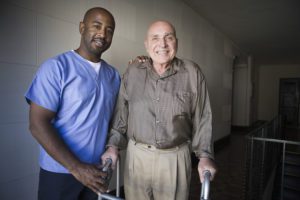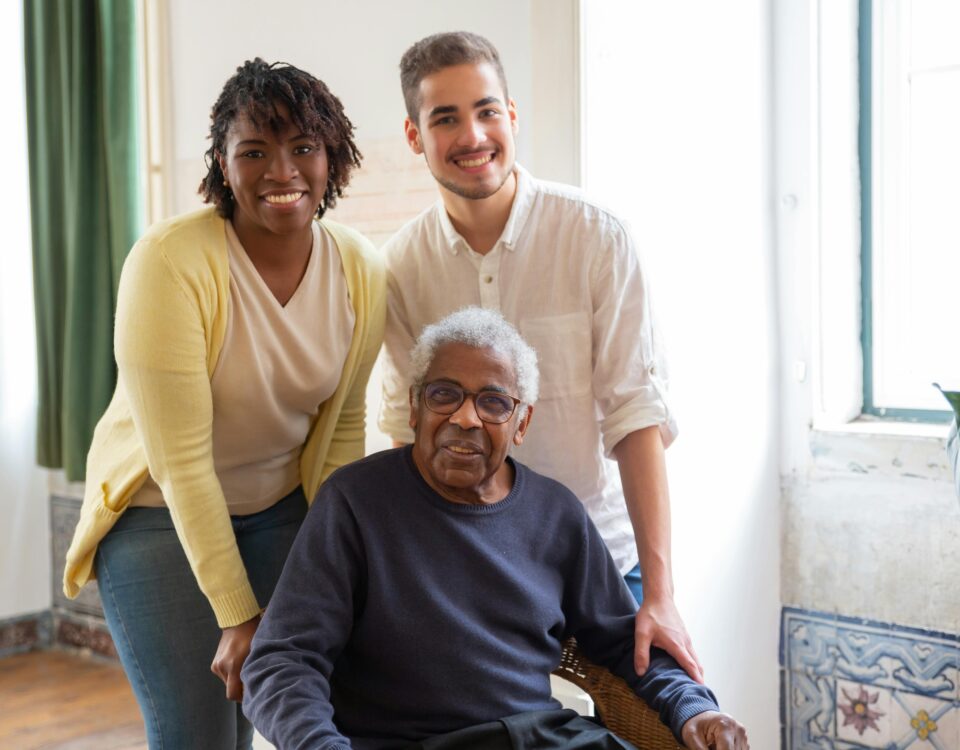You can’t always be there. But we can.
What Aging-Associated Diseases Should Your Parent Know More About?

What Are the Warning Signs of a Heart Attack?
February 16, 2018
How Elderly Care Can Help with Sundown Syndrome
February 20, 2018What Aging-Associated Diseases Should Your Parent Know More About?
Aging-associated diseases are diseases that are prevalent in the elderly. There are dozens of them. You and your parents should learn the symptoms and treatments. With many aging-associated diseases, it’s best to start treatment as early as possible.

Home Care Services West Hills CA – What Aging-Associated Diseases Should Your Parent Know More About?
Arthritis
Arthritis is a disorder where the joints become inflamed, stiff, and painful. There are many kinds of arthritis. Rheumatoid arthritis may find the fingers becoming disfigured as the tendons that hold them in place deteriorate. Pain medications can help, but arthritis can make it hard to carry objects or walk or stand for an extended period of time.
Cataracts
Cataracts are commonly caused by aging, but it can occur earlier if there’s been trauma. With this condition, the eye lens gets covered by a cloudy film. As it progresses, it impairs vision. It becomes unsafe to drive. Glasses can help with vision, but surgery may eventually become necessary.
Coronary Artery Disease
Coronary artery disease is a catch-all phrase for several cardiac events like angina and heart attacks. Medications help treat the main risk factors like high cholesterol and high blood pressure. Surgical procedures may become necessary to treat blockages.
Dementia
Several diseases fit into the category of dementia. Parkinson’s is one. Alzheimer’s is one of the most common. Alzheimer’s and Parkinson’s do not have cures. There are medications that can help manage some symptoms, but nothing can stop them from progressing over time.
Hypertension
You probably know hypertension better by the name high blood pressure. When blood pressure readings are always high, medications, diet, and exercise are used to help get it back to normal levels.
Osteoporosis
Osteoporosis is a disease where bones weaken. It’s one of the leading causes of bone breaks in the elderly. Osteoporosis is most common in women due to lowered estrogen levels after menopause. Tests to check bone density are important. Medications to prevent bone loss are also used.
What Should You Do If Your Parent Has an Aging-Associated Disease
With any aging-associated disease, your parent may find it hard to manage activities of daily living. Many of these diseases are progressive and will worsen, even with treatment, so help will become necessary. Help your mom or dad adjust to their changing abilities by making sure help is readily available. Home care services do that.
A caregiver comes in as often as needed to assist your mom and dad with things they struggle to do alone. They might need help shopping for groceries. They might need a caregiver to help change sheets, make the bed, and do the laundry. Discuss possible services by calling our home care services agency.

